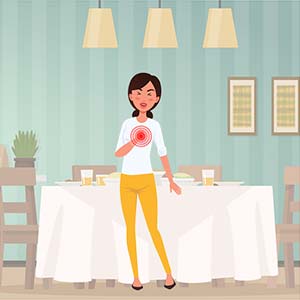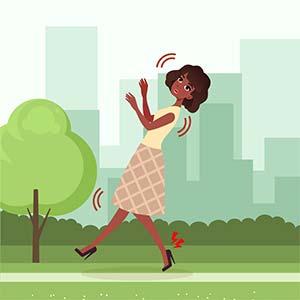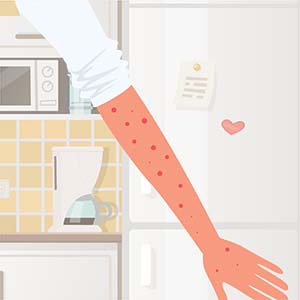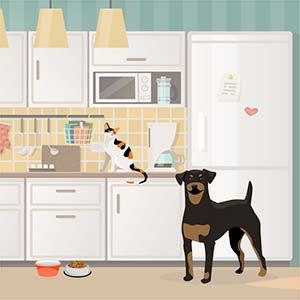Emergency Room
Emergency Room Check-in
Check back soon, the are no classes currently scheduled for Desert Care Network.
Attend a Trauma Education Event
{{ FeaturedClass.classInternetTitle }}
{{ StripHtml(FeaturedClass.classDescription) }}
{{ FeaturedClass.locationLine1 }}
{{ SectionDate(FeaturedClass.sectionStartDate) }}
{{ SectionTime(FeaturedClass.sectionStartDate) }}-{{ SectionTime(FeaturedClass.sectionEndDate) }}
{{ FeaturedClass.sectionOpenSlots }} Seats Remaining
{{ FeaturedClass.FeeMessage }}
{{ FeaturedClass.showSections ? '-' : '+' }} Show all dates and locations
- {{ SectionDate(classSection.sectionStartDate) }}
- {{ SectionTime(classSection.sectionStartDate) }}-{{ SectionTime(classSection.sectionEndDate) }}
- {{ classSection.sectionLocation.locationLine1 }}
- {{ classSection.sectionOpenSlots }} Seats Remaining Register
{{ SectionMonth(FeaturedClass.sectionStartDate) }}
{{ SectionDay(FeaturedClass.sectionStartDate) }}
and locations
{{ Class.classInternetTitle }}
{{ TruncateMessage(StripHtml(Class.classDescription)) }}
{{ Class.locationLine1 }}
{{ SectionDate(Class.sectionStartDate) }}
{{ SectionTime(Class.sectionStartDate) }}-{{ SectionTime(Class.sectionEndDate) }}
{{ Class.sectionOpenSlots }} Seats Remaining
{{ Class.FeeMessage }}
{{ Class.showSections ? '-' : '+' }} Show all dates and locations
- {{ SectionDate(classSection.sectionStartDate) }}
- {{ SectionTime(classSection.sectionStartDate) }}-{{ SectionTime(classSection.sectionEndDate) }}
- {{ classSection.sectionLocation.locationLine1 }}
- {{ classSection.sectionOpenSlots }} Seats Remaining Register
{{ SectionMonth(Class.sectionStartDate) }}
{{ SectionDay(Class.sectionStartDate) }}
and locations
There are no classes currently scheduled for this service. See all of the upcoming classes and events sponsored by Desert Care Network.
Loading... 
Emergency Room Services
Whether it’s a broken bone, high fever or a more severe medical emergency like a heart attack, we are ready to pro...
Find out what constitutes a medical emergency and when you should visit an emergency room or ER.
Come to our hospital knowing that we do everything possible to keep patients and staff safe.
In hospitals, we’re surrounded by stories. Some are incredible. Some are touching and heartfelt. All of them are n...
Desert Care Network provides helpful emergency health articles and tips to keep you in the know on trending topics, cond...
Click here to learn more about our trauma injury prevent program, steps you can take to avoid injury, and information on...
Beware: Eight Valentine’s Day Emergencies
February 14 is that time of the year when you’ll see people being all-out romantic and appreciative of their loved ones. And while people want to celebrate this day with as much optimism as there is love in the air, unexpected emergencies can still happen. With that in mind, here’s a list of the most common Valentine’s Day emergencies along with some things you can do to prevent them.
 1. Burns from romantic candle light set-ups Candle light is lovely, unless it turns into a full-blown fire. Never leave a burning candle unattended and keep flames away from anything that may catch fire and out of the reach of children and pets. |
 2. Romantic attempts gone wrong Sometimes, an attempt to spice up the night may also bring you to the ER. Let’s just say, “play it safe,” and leave it at that. |
 3. Food poisoning If you’re preparing a special meal at home, remember to keep your hands and all surfaces clean. Keep raw meat, poultry, seafood and eggs away from ready-to-eat foods. Refrigerate leftovers within two hours. |
 4. Choking over dinner One method of treating choking is the American Red Cross’ “five-and-five.” Hit the person’s back with the heel of your hand five times between the shoulder blades. |
 5. Fractures from wearing high heels If you’re planning to wear high heels, watch out for slips or falls that may lead to a twisted ankle or a fracture. |
 6. Severe allergic reactions Find out if your sweetheart has any allergies you need to know about. Allergies to food, fragrances, pollen and some metals in jewelry can ruin your good intentions. |
 7. Car accidents Please don’t drink and drive. |
 8. Pet emergencies In the spirit of avoiding emergencies, remember your pets, and keep them away from the Valentine’s chocolates, which can be toxic. |
Takeaway
It’s good to anticipate Valentine’s Day with excitement and a gift on hand, but it’s also beneficial to be aware of the possible emergencies that may happen on this special day. This way, you can also prevent these Valentine’s Day emergencies or at least be prepared of what to do in case you experience any of them.
Finally, if these emergencies happen to you or to someone you know, whether it’s on Valentine’s Day or a regular day, please don’t hesitate to rush to the ER or call 911 immediately. Our ER is safe and ready to provide care 24/7. Your safe care is our #1 priority.
Sources:
National Candle Association
Centers for Disease Control
American College of Allergy, Asthma & Immunology
Healthline
Pet Poison Helpline
